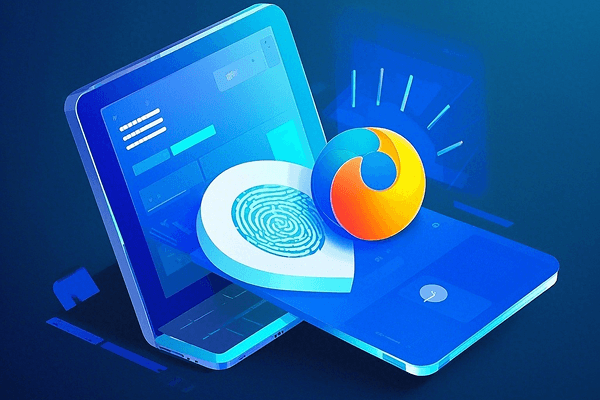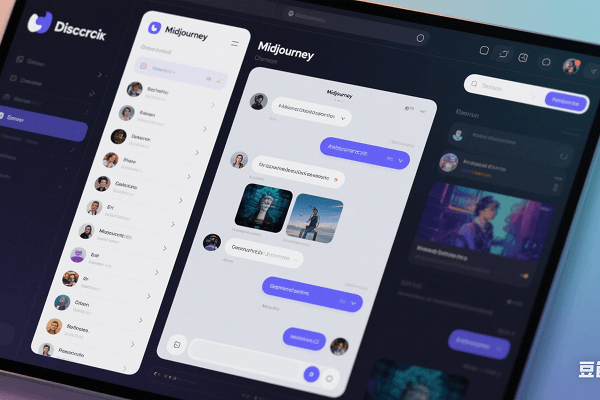
Hot Picks
How to run Facebook ads in 2025? Ideas

Hot Picks
How to promote on Amazon? Sharing various promotion methods

Hot Picks
Choose BitBrowser for fingerprint browsers, and look for the only official website: bitbrowser.cn
Virtual browsers prevent privacy and security issues brought about by artificial intelligence
Time: 2023-08-10 17:42 Click:
In recent years, the rapid progress of artificial intelligence (AI) has aroused the enthusiasm and concern of individuals and societies around the world. In addition to the advent of multiple AIs like ChatGPT, there are many other innovations that are being upgraded and evolved at breakneck speed. Despite the potential of artificial intelligence to revolutionize every aspect of our lives, the ongoing discussion around privacy violations is closely related to its technological progress. This article examines the impact of artificial intelligence (AI) on the data privacy and security of individual Internet users, companies, and businesses with an online presence. You'll learn what can be lost or gained in this AI wave, and how to guard against security issues with a virtual browser.
What is artificial intelligence?
Artificial Intelligence (AI) is a field of computer science that seeks to equip computer systems with the ability to mimic human intelligence and learning. It involves building computer programs and systems that understand, learn, reason, and solve problems. The goal of artificial intelligence is to enable computers to mimic human thought processes in order to perform a variety of tasks, including language understanding, image recognition, automatic decision-making, autonomous action, and more.

What network privacy and security issues will artificial intelligence bring?
Data Privacy Concerns: AI systems typically require large amounts of data to train and improve performance. These data may contain sensitive information such as personal identity, preferences, habits, etc. If these data are improperly collected, stored, processed or shared, it may lead to the leakage of users' privacy.
Bias and Discrimination: If the training data for AI systems is biased, they may propagate and amplify those biases in the decision-making process, leading to unfair outcomes. This can have serious consequences in the areas of lending, hiring, legal and more.
Data Misuse: AI systems can be misused for potentially malicious use of personal data, such as identity theft, fraud, targeted advertising, etc.
Privacy leakage: AI-based applications may analyze personal data to predict user behavior, preferences, needs, etc. Such analysis may reveal private information that users do not wish to be revealed, thus violating their privacy rights.
How does a virtual browser protect your online privacy?
Virtual Browser ensures a safe and anonymous web browsing experience with a series of strong security measures. Using its advanced fingerprinting technology, BitBrowser Virtual Browser hides your online activities by using multiple proxy browser fingerprints for each browsing session. This powerful feature provides an exceptional level of protection, making it extremely difficult for third-party scammers to access your sensitive data or track your online activity remotely. By using a virtual browser, you can browse the web without leaving any digital traces, making it impossible for websites to monitor or track your online presence.

 Multi-Account Management
Multi-Account Management Prevent Account Association
Prevent Account Association Multi-Employee Management
Multi-Employee Management



